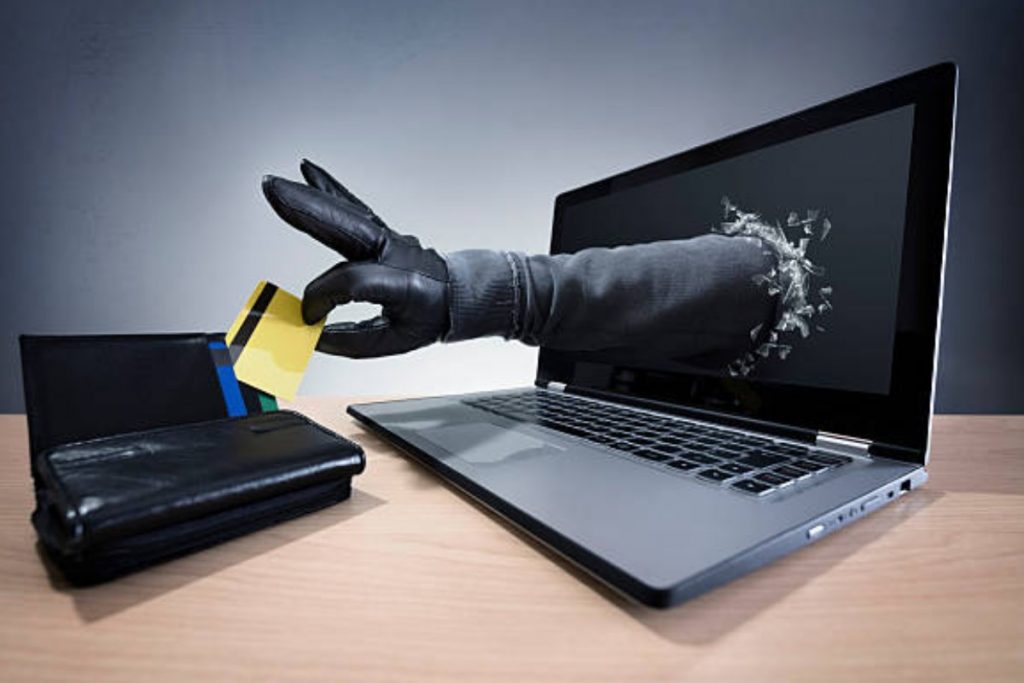With Digital Transactions having taken over the payment industry, many people are preferring to now go cashless. You can now find that almost every person prefers digital transactions instead of cash. Since online transactions have reached a high, most payments are made through credit cards. And because credit card usage has increased, so has the rise in credit card scams.
Whilst credit card frauds can occur in a variety of ways, there are measures you can do to protect your data. Although there is no way to completely prevent online fraud, there are steps you can take to reduce your chances of becoming a victim of fraud.
Table of Contents
How to spot credit card scams?
Although there may be at least 1% chance that you fall for a credit card scam, it’s important that you be aware of a few warning signs. Following are some tips to spot credit card scams:
- You do not receive your monthly credit card bill or didn’t receive a mail of the bill is most definitely a red flag.
- Keep reviewing your credit card statements when you receive them for any suspicious payments.
- Be alert if sudden and unfamiliar charges start showing up on your credit cards.
- It’s wise to set up alerts on your phone whenever you make payments using credit cards. Credit card scams can be detected by looking for charges you didn’t make or approve through this.
- If you receive a bill for some products you didn’t even buy, chances are that you were scammed.
- Be alert if your card suddenly gets denied. The possibility is that your card was used somewhere else and all the money has been spent. Speak to your card provider immediately.
- You suddenly get calls from collection agencies, attempting to collect money for purchases you didn’t even make.
- Check your credit card report if another credit card is approved under your name.
Protect yourself from Credit Card Scam
Credit card scams can happen to anyone at any given point of time. So it’s necessary to take some precautions and protect yourself before you become a victim of a scam. Read along for some measures to protect yourself from credit card scams:
- Login regularly into your credit card accounts, and look if there are any suspicious transactions.
- Freeze your credit card so that no one can open a new account under your name.
- If ever you get a mail or a call saying you were overcharged for your recent purchase, cut the call and/or delete the email. Contact your bank or card provider and check up with them if you were really overcharged.
- If you get an automated call or a robocall, for an interest rate reduction scam, do not listen to it for any longer than a few seconds. If you want to reduce your interest rate, you can simply call the customer service number provided behind the card and speak to them. But by no means do listen to any automated or robocalls.
- You may also get a call saying you are to pay off fines or debts or taxes. Never believe them. And do not remember do not provide any sensitive information to them. As this may lead to you losing all your savings. Be careful of such calls.
- Never ever use public wifi’s to make transactions. At most do not even use public wifi as they aren’t secure and the hacker can easily see what you are doing using that particular wifi.
- There are some possibilities that during payments, you are redirected to another page. Make sure that the page has a padlock and starts with “https” and not “http”. As the former is a legit page and the latter is a scam made.
- If you come across deals on social media that look too good to be true, please do not click on them. Search them on Google and also search for scams. Do a thorough check before taking up such offers.
- Never save your credit card information on any website. So that if someone hacks your account or device, not saving any information prevents unauthorized transactions.
- If you receive a call for donations, note down the information they provide along with their phone number and hang up the call. Search for their organization on Google and confirm with other people if they have heard of such an organization. Remember that genuine authorities never ask you for your credit card details or ask you to do the payment in a hassle. Take a moment to understand what they are up to and do the necessary. But do not make payments without thoroughly knowing who they are.
- Always use ATMs that are available in secured places. Always double-check that the ATM machine is free of any suspicious items or objects. If you come across any, stop the transaction and inform the bank.
- In case you receive an OTP, for a transaction you never made, contact your bank personnel and inform them of the matter in hand.
- Never share OTP or even account numbers for that matter over the phone. Chances are people might be listening.
- While credit cards are convenient, if something doesn’t feel right, trust your gut and pay with cash. It removes the trouble of contesting a credit card charge in the future, as well as the potential of causing long-term credit damage.
Conclusion
You should be aware of scams and avoid falling for them. Remember, if you receive any of the aforementioned emails or phone calls, take the necessary precautions to avoid being robbed, such as reporting it or speaking with a trusted family member about it. Take cautious and verify the veracity of any link you get in the mail before clicking on it.

